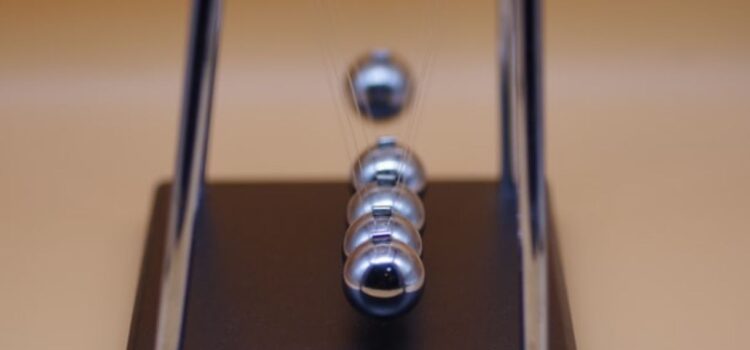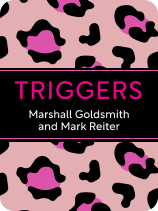

This article is an excerpt from the Shortform book guide to "Triggers" by Marshall Goldsmith and Mark Reiter. Shortform has the world's best summaries and analyses of books you should be reading.
Like this article? Sign up for a free trial here.
What are behavioral triggers? Why do certain stimuli or situations push us to act in ways that sabotage our best efforts?
Every day, we encounter triggers that prompt us to behave in certain ways. A trigger can be positive or negative, pleasant or unpleasant, productive or unproductive. Similarly, some triggers push us toward our goals while others pull us away from them.
Keep reading to learn about the psychology of triggers.
What Are Triggers?
In psychology, triggers are stimuli in your environment that prompt you to behave in specific ways. A trigger can be any stimulus you might encounter during your day and react to in that moment, such as a traffic jam, a string of notifications on your phone, or a demanding colleague.
Some triggers are pleasant to experience, and some are unpleasant. However, it’s how we respond to a trigger that determines its effect. For example, spending your lunch hour with a chronically pessimistic friend might trigger you to shoot down your colleague’s new ideas without considering them, or getting stuck in traffic might trigger you to snap at your spouse when you get home.
| How We Perceive and React to Stimuli Our brains constantly perceive and react to our environments, which helps explain why we respond so readily to stimuli like triggers. The world is full of things that might attract our attention. But cognitive psychologists say that much of the process of perception happens before we’re even consciously aware of it. A lot of this activity seems initiated by the internal processes of the brain rather than triggered by external stimuli. In other words, those processes don’t wait to kick in until there’s a stimulus to perceive: They’re already running. This constant processing helps explain why you can react so quickly to triggers. Contrary to the popular belief that we only use about 10% of our brains, researchers have found that most of the brain is active all the time. It appears that our brains even decide how to react to stimuli as many as seven seconds before we’re consciously aware of the decision. |
How Do Triggers Affect Our Behavior?
When you encounter a trigger, you experience an automatic impulse to react in a specific way, and those automatic reactions can damage your relationships. For example, if you snap at your spouse for misplacing some important paperwork, their hurt feelings will last much longer than your frustration at searching for the form.
Goldsmith and Reiter report that many people overcome triggers in high-stakes situations—where we know what others expect of us—but react to triggers in low-stakes situations—where the consequences of falling short feel more abstract. For example, you might remain present and attentive when your partner wants to talk about moving to a different city—a major change for both of you—but zone out as the conversation turns to plans for the weekend. (In your defense, you’re hungry and thinking about dinner!)
| How Impulses Compare to Habits and Routines If responding automatically to a trigger sounds like a habit, that’s not a coincidence. Goldsmith and Reiter cite Charles Duhigg’s habit loop—detailed in The Power of Habit—as an influence on their thinking about how we react out of habit when we encounter triggers. But what they leave out is Duhigg’s idea that cravings power many of our habits, an insight borne out by what we know about the brain and how it responds to rewards. Duhigg explains that each time you indulge in a habit in response to a trigger, your brain receives a reward in the form of dopamine. It wants that reward and eventually learns to anticipate the reward when it perceives the trigger. Nir Eyal, author of Indistractable, elsewhere makes a helpful distinction between habit and routine. Eyal characterizes a routine as behavior you perform intentionally (and repeatedly). If you repeat a routine enough times, it becomes a habit: a behavior you engage in with little to no thought. We often don’t indulge our habits in high-stakes situations, where we feel stress and want to perform well. In The Upside of Stress, Kelly McGonigal proposes that you have a variety of stress responses, including the challenge response. This response increases your levels of adrenaline and dopamine, which energize and motivate you. Then you feel confident and ready to face the challenge of overcoming a trigger—a boost you don’t get in lower-stakes, lower-stress situations. |

———End of Preview———
Like what you just read? Read the rest of the world's best book summary and analysis of Marshall Goldsmith and Mark Reiter's "Triggers" at Shortform.
Here's what you'll find in our full Triggers summary:
- What triggers are and how to recognize them
- Why triggers are so effective at affecting your behavior
- Tools and strategies for resisting and avoiding your triggers






